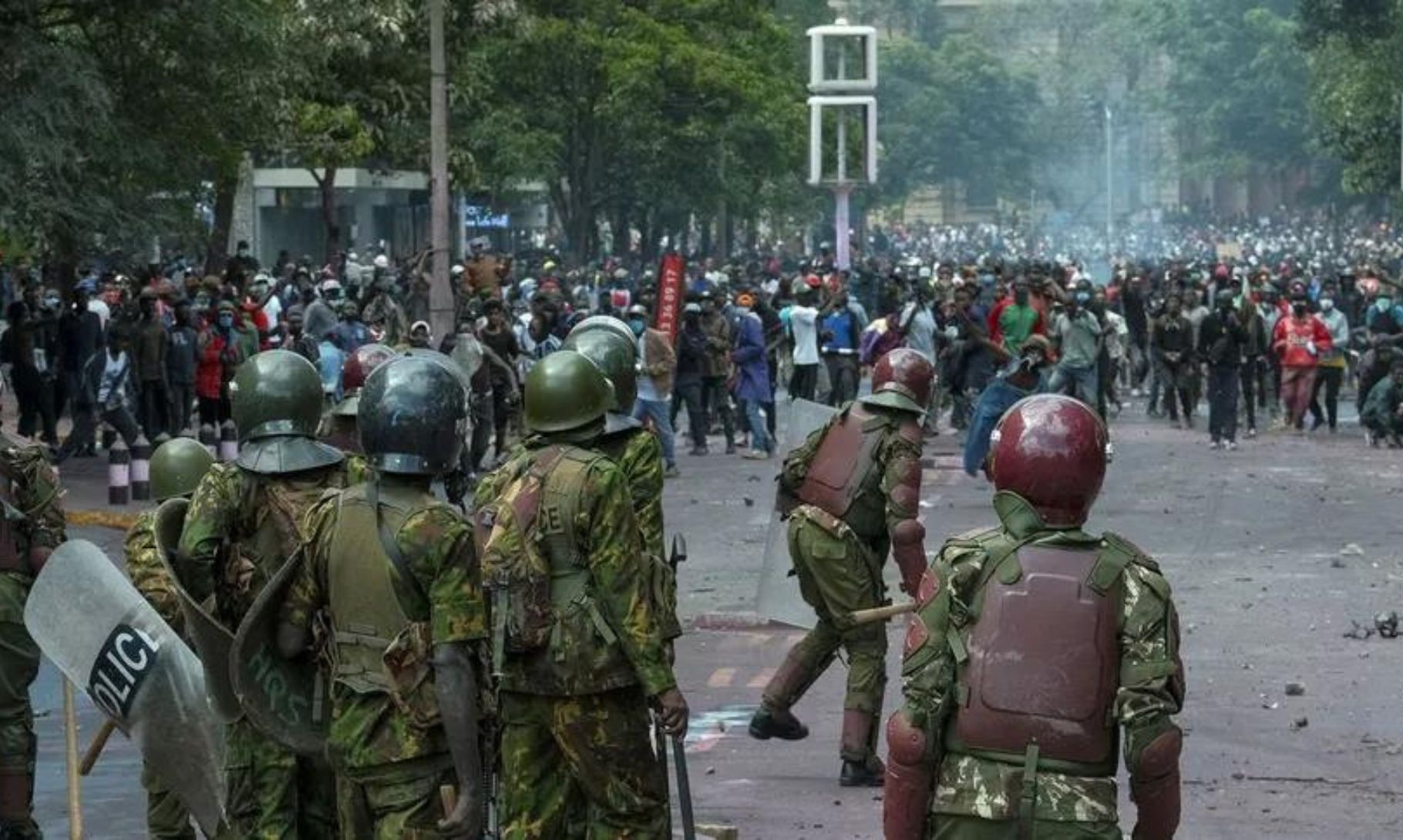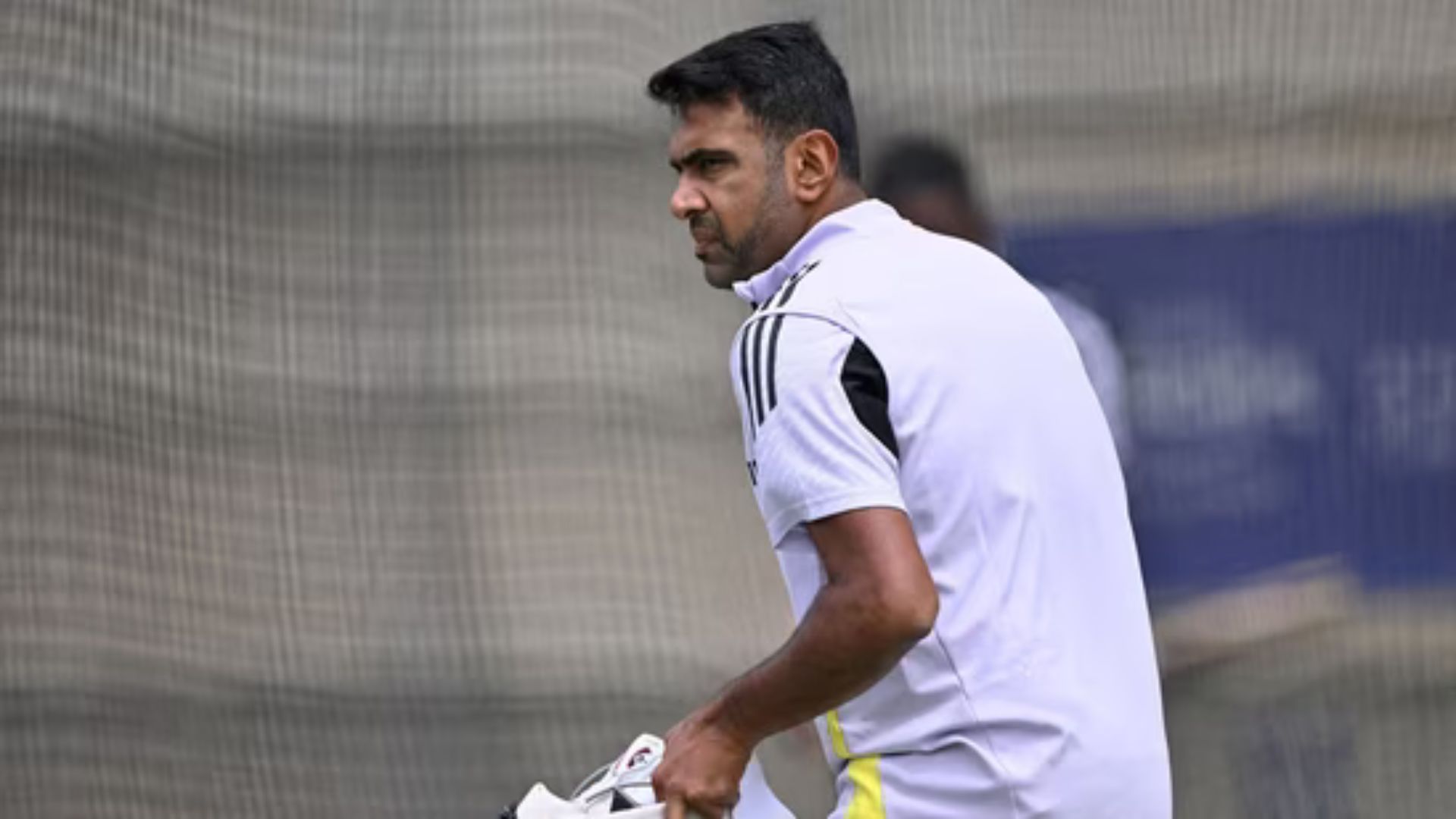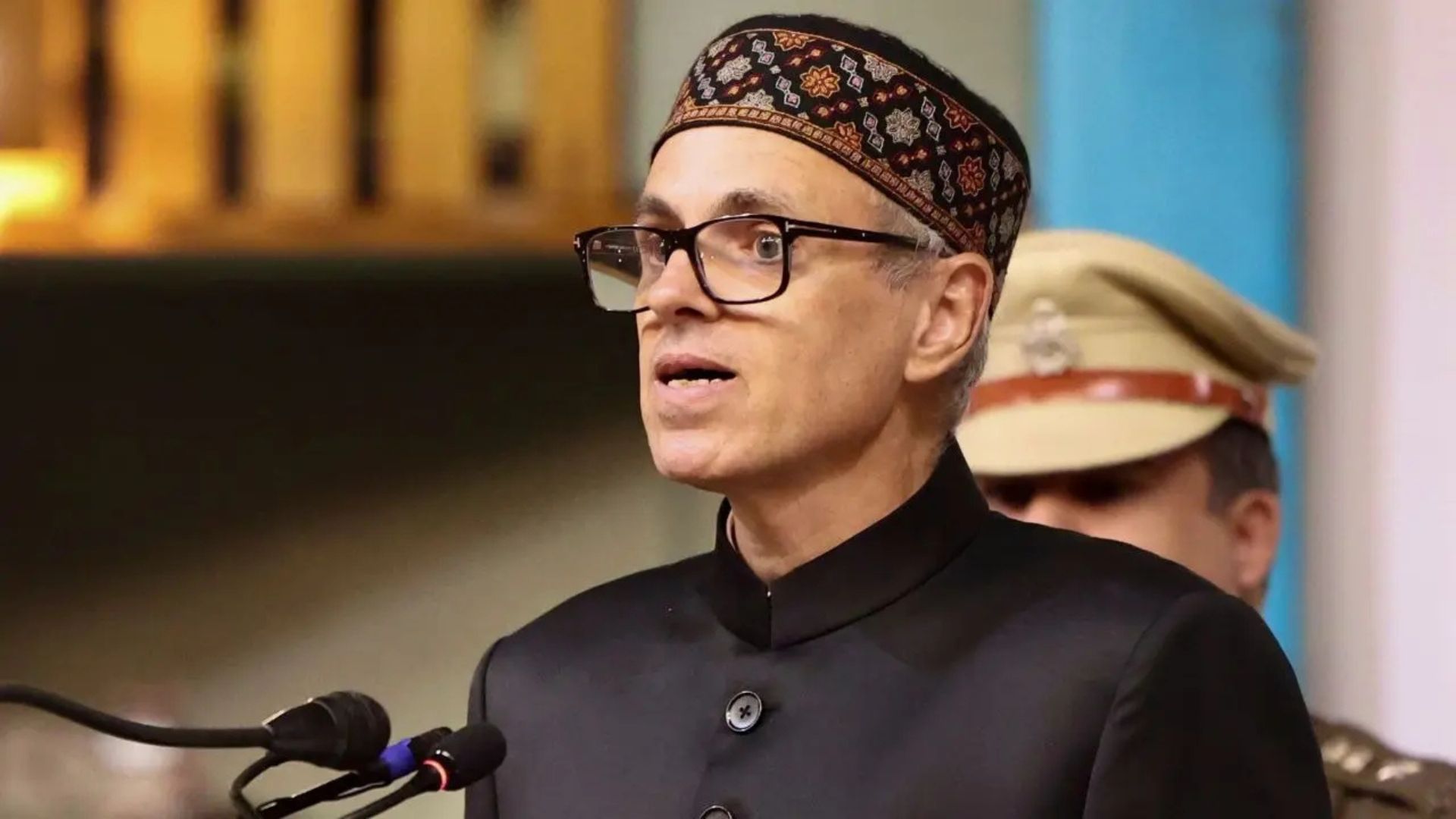
In Kenya, protests against proposed tax hikes have become a major crisis. The government has authorized the military to step in because the police couldn’t handle the unrest. The protests started a week before and are mostly driven by young people because many oppose the government’s plan to raise taxes. These taxes were meant to help pay off Kenya’s debts as demanded by international lenders like the International Monetary Fund (IMF).
The situation became violent, with reports of more than 20 deaths and clashes spreading in Nairobi and other areas. Protesters are upset about what they see as unfair economic policies, they even threatened to attack the presidential palace. In response, the government deployed armored vehicles and used tear gas to control the situation.
Even though the government argued that raising taxes was crucial for financial stability, President William Ruto gave in to increasing pressure and canceled the controversial finance bill. This move came after protesters stormed and set fire to parliament, indicating how deeply dissatisfied the public was.
The judiciary approved the military’s use under specific conditions, expressing worries about potential militarization. Justice Lawrence Mugambi warned against having soldiers without clear rules on what they can do and how long they will stay.
The Law Society of Kenya disagreed with the court’s decision to use the military, warning of the dangers of involving soldiers in handling civil unrest. Meanwhile, government spokesperson Isaac Mwaura criticized the cancellation of the finance bill, calling it a setback caused by misinformation and efforts to provoke public unrest.
Human rights organizations have stepped in the middle of accusations that the government is suppressing the dispute, with reports of random arrests and claims of protesters being killed unlawfully. The Kenya National Human Rights Commission condemned these actions and said it has been working to release illegally detained individuals.
The protests have not only questioned economic policies but also highlighted broader concerns about how the government handles transparency, governance, and conflicts. Many protesters doubt the government’s commitment to promised spending cuts and demand accountability, even calling for President Ruto to step down.
The ongoing situation in Kenya involves a complex mix of economic decisions, civil rights, and public dissatisfaction which could impact the country’s political stability and global standing. The aftermath of these protests might lead to significant changes in Kenya’s future policies and governance.















